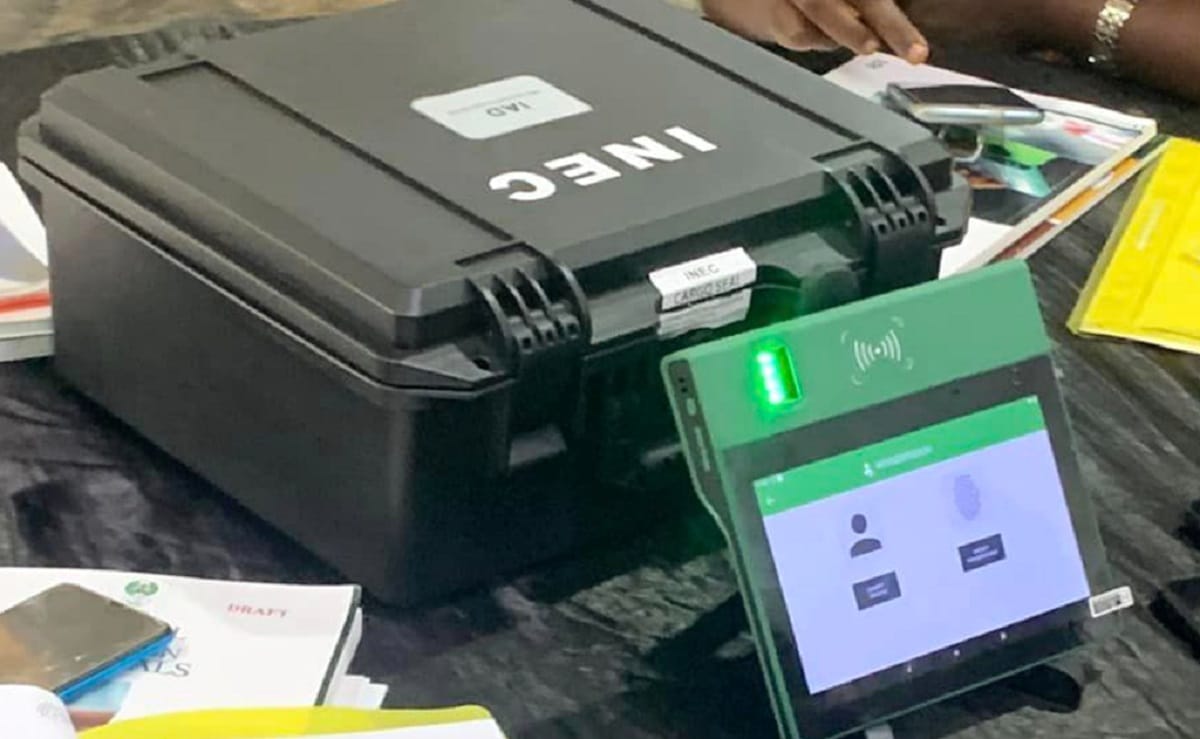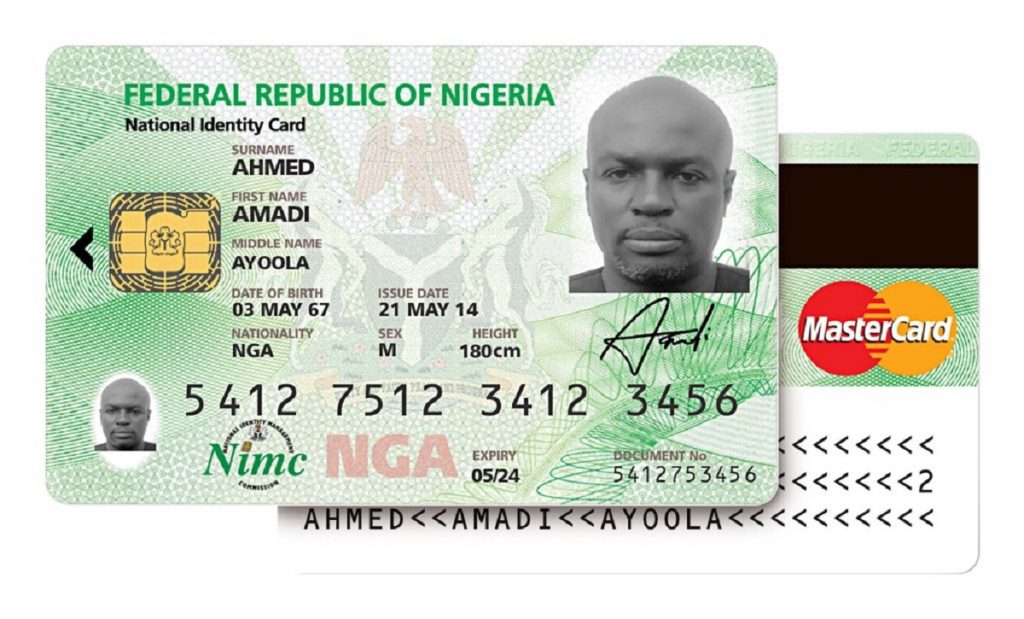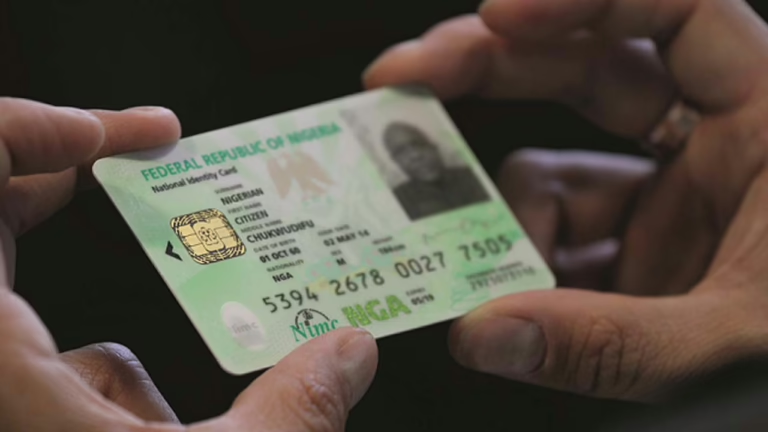The Nigerian Federal Government has recently declared the incorporation of the National Identification Number (NIN) into the ongoing Continuous Voter Registration (CVR) exercise, aiming to bolster the country’s digital identity framework. This initiative leverages the NIN database to enhance the accuracy and reliability of voter verification.
According to an official statement released from the State House on Wednesday, this effort aligns with President Bola Tinubu’s vision to foster transparency and democratic integrity. The collaboration between the National Identification Management Commission (NIMC) and the Independent National Electoral Commission (INEC) is a strategic step toward securing Nigeria’s digital infrastructure.
“This partnership not only upholds electoral integrity but also promotes inclusiveness and operational efficiency, expanding democratic engagement and ensuring every qualified citizen’s voice contributes to Nigeria’s future,” the statement emphasized.

The nationwide CVR exercise has witnessed a remarkable response, with over 3.5 million individuals completing online pre-registration within three weeks, alongside approximately 288,000 participants registering physically. The government highlighted that this partnership places digital identity verification at the forefront of electoral reforms.
To ensure transparency and curb electoral fraud, INEC will utilize the NIMC’s NIN database to authenticate registrants’ eligibility, aiming to eradicate issues such as underage voting, duplicate registrations, and other fraudulent activities.
This initiative represents one of the rare instances where the NIN is actively employed in a major national identification process. Historically, Nigerians have expressed concerns over the underutilization of key identity tools like the NIN, driver’s license, Voter Identification Number (VIN), and Bank Verification Number (BVN) in critical national functions.
Through this integration, the government promises a secure and streamlined digital system that simplifies voter registration, reduces administrative bottlenecks, and enhances inclusivity-particularly for marginalized communities, including those in remote locations and persons with disabilities.
“Each eligible Nigerian will be distinctly identified by their NIN, ensuring a tamper-resistant and verifiable voter registry,” the statement added.

Also Read: How to register, check details, get your PVC on the INEC portal.
NIN’s pivotal role in advancing national progress
Engr. Coker-Odusote, the Director-General and CEO of NIMC, described the alliance between NIMC and INEC as a crucial partnership for national advancement. She highlighted that integrating the NIN database into the CVR process guarantees that all eligible voters are accurately identified.
She further assured that NIMC is dedicated to supplying INEC with secure, current, and verifiable identity data to facilitate voter authentication, while strictly adhering to data privacy and protection standards to prevent breaches.
“The Commission is committed to delivering secure and verifiable identity information to INEC, fully compliant with national legislation and international best practices. This reflects the administration’s broader ambition to harness technology and innovation to strengthen institutions and protect Nigeria’s democratic processes,” the statement affirmed.

As of June 30, 2025, over 121 million Nigerians have been registered for the NIN, with Lagos State leading at more than 12.9 million registrants. The NIMC continues to implement strategic measures to increase enrollment, targeting 180 million Nigerians-approximately 78% of the population-by December 2025.
Among these efforts, the commission has partnered with the National Youth Service Corps (NYSC) to train and deploy Corps Members to rural communities, enhancing outreach. Additionally, the NIMC began registering inmates earlier this year, successfully enrolling nearly 60,000 prisoners by mid-2025.
While this collaboration with INEC strengthens the digital identity framework, it also opens avenues for improved governance and equitable representation through the effective use of the NIN database.


















0 Comments